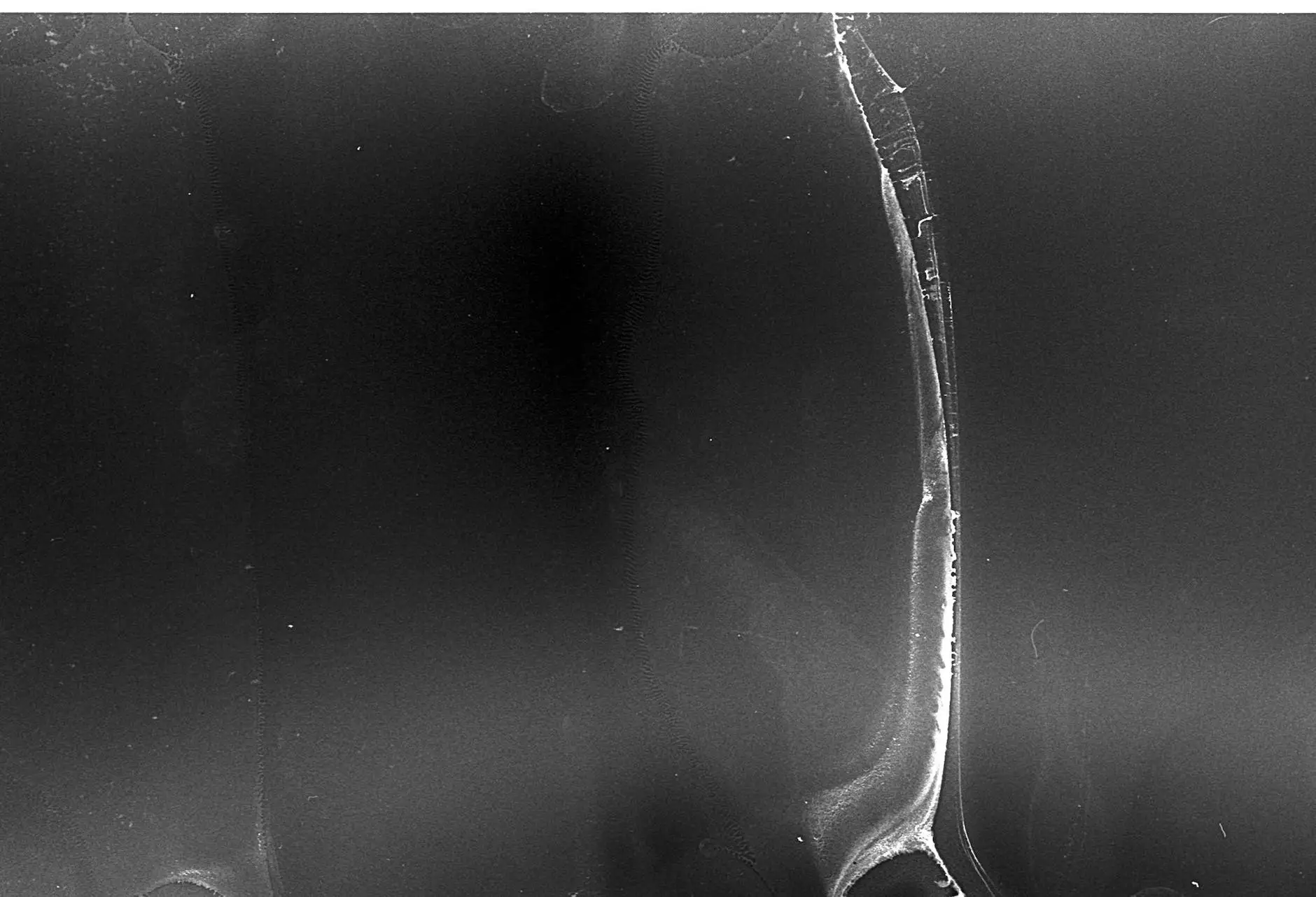About Plantar Fasciitis
Orthopedic Surgery
Understanding Plantar Fasciitis
Plantar fasciitis is a common foot condition characterized by inflammation and irritation of the plantar fascia, a thick band of tissue that runs along the bottom of the foot. It serves as a shock absorber and supports the arch.
Causes of Plantar Fasciitis
There are several factors that can contribute to the development of plantar fasciitis:
- Excessive or repetitive strain on the plantar fascia due to activities like running, walking, or standing for long periods
- Improper footwear with poor arch support or inadequate cushioning
- Overpronation (inward rolling of the foot) or supination (outward rolling of the foot)
- Tight calf muscles or Achilles tendon
- Being overweight or obese, which increases the pressure on the feet
Symptoms of Plantar Fasciitis
Common symptoms of plantar fasciitis include:
- Sharp, stabbing pain in the heel, typically worse in the morning or after prolonged periods of rest
- Pain that improves with movement but returns after activity
- Tenderness or soreness along the bottom of the foot
- Difficulty in bearing weight on the affected foot
- Stiffness or limited range of motion in the foot
Treatment Options
Effective treatment of plantar fasciitis involves a combination of non-surgical methods and, in some cases, surgical intervention. At Carolina Orthopaedic, in partnership with Bowling Orthopaedics, we offer a range of comprehensive treatment options tailored to each patient's needs:
1. Conservative Treatments
Most cases of plantar fasciitis can be effectively managed without surgery. Conservative treatment options include:
- Rest and activity modification to reduce strain on the foot
- Physical therapy exercises to stretch and strengthen the foot and calf muscles
- Orthotic devices, such as shoe inserts or night splints, to provide support and alleviate pain
- Over-the-counter or prescribed pain medications and anti-inflammatory drugs
2. Extracorporeal Shock Wave Therapy (ESWT)
ESWT is a non-invasive treatment option that utilizes shock waves to stimulate healing in the affected area. It promotes tissue regeneration, reduces inflammation, and improves pain and mobility.
3. Platelet-Rich Plasma (PRP) Injections
PRP injections involve extracting a small amount of the patient's blood, processing it to concentrate the platelets, and injecting the platelet-rich plasma into the affected area. This concentrated plasma contains growth factors that accelerate healing and tissue repair.
4. Surgical Intervention
In severe cases of plantar fasciitis that do not respond to conservative treatments, surgical intervention may be recommended. The procedure aims to release the tension in the plantar fascia and provide long-lasting pain relief.
Prevention and Self-Care
Preventing or minimizing the risk of plantar fasciitis recurrence involves:
- Wearing supportive footwear with proper arch support and cushioning
- Gradually increasing the intensity and duration of physical activities to avoid sudden strain on the foot
- Regularly stretching the calf muscles and plantar fascia
- Maintaining a healthy weight to reduce pressure on the feet
- Taking breaks and avoiding prolonged periods of standing or walking on hard surfaces
Contact Carolina Orthopaedic & Bowling Orthopaedics
Carolina Orthopaedic, in partnership with Bowling Orthopaedics, specializes in the diagnosis, treatment, and management of various orthopaedic conditions, including plantar fasciitis. Our experienced team of orthopaedic specialists, physical therapists, and supportive staff work collaboratively to provide personalized care to our patients.
If you are experiencing symptoms of plantar fasciitis or have any concerns about your foot health, we encourage you to schedule a consultation with us. Our dedicated professionals will conduct a thorough evaluation, develop a customized treatment plan, and guide you towards long-term relief and improved mobility.
Take the first step towards overcoming plantar fasciitis by contacting Carolina Orthopaedic & Bowling Orthopaedics today.










